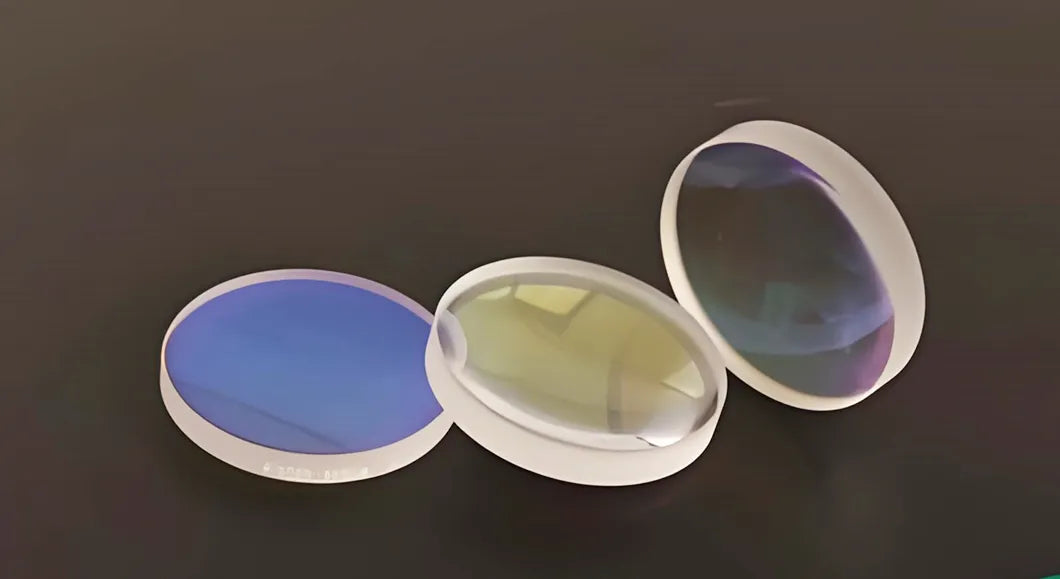
The Role of Collimator Lens for Laser
Collimator lens for laser play a vital role in laser systems. The following are the main functions and applications of laser collimator lenses:
1. Beam Collimation
The main function of collimator lens for laser is to adjust the divergent laser beam into a parallel beam. By parallelizing the light, the problem of beam diffusion as the distance increases can be reduced.
In many laser applications, such as laser communication and laser ranging, maintaining beam parallelism is key to ensuring signal strength and accuracy.
2. Reduce Divergence
Reducing divergence: Laser beams will have a certain divergence angle without a lens. The use of collimator lenses can significantly reduce this divergence angle, thereby achieving higher directivity and energy transmission efficiency.
Increasing effective transmission distance: The collimated beam can propagate over a longer distance without significant diffusion, which is suitable for applications that require long-distance laser transmission.

The Role of Collimator Lens for Laser
3. Improve Beam Quality
Beam quality is an important parameter that describes the performance of a beam, usually expressed as the M² factor. The smaller the value, the higher the beam quality.
By using high-quality collimator lens for laser, the overall quality of the laser beam can be improved, making it perform better in applications such as focusing, cutting and welding.
4. Increase Energy Density
Concentrate light energy: Collimating lenses can concentrate light energy to the maximum extent during the entry and transmission of the light beam, which is conducive to providing stronger laser energy in situations where high energy density is required (such as laser cutting and welding).
Power density improvement: By reducing the divergence of the light beam, the collimator lens for laser allows the energy to reach a higher power density at the focal point.
5. Adapt to Different Lasers
Compatibility: Collimating lenses can adapt to various types of lasers, including fiber lasers, solid lasers, and gas lasers.
Design flexibility: According to the characteristics of the laser source and application requirements, collimating lenses with different focal lengths and diameters can be selected for design.
6. Application Examples
Laser ranging: In laser rangefinders, collimating lenses can ensure the straight-line propagation of laser beams, thereby improving measurement accuracy.
Laser communication: In laser communication systems, collimator lens for laser are used to maintain the intensity and consistency of light beams during long-distance transmission.
Laser processing: In laser cutting and welding, the laser can be quickly and effectively focused on the workpiece to improve processing efficiency.
Conclusion
In general, the role of collimator lens for laser is to adjust and improve the transmission characteristics of laser beams, thereby enhancing their performance and efficiency in different applications. Selecting the right collimation lens is crucial to ensure the functionality and effectiveness of the laser system.
If you have related needs, please contact us immediately and we will provide you with the best offer!
- Choosing a selection results in a full page refresh.













